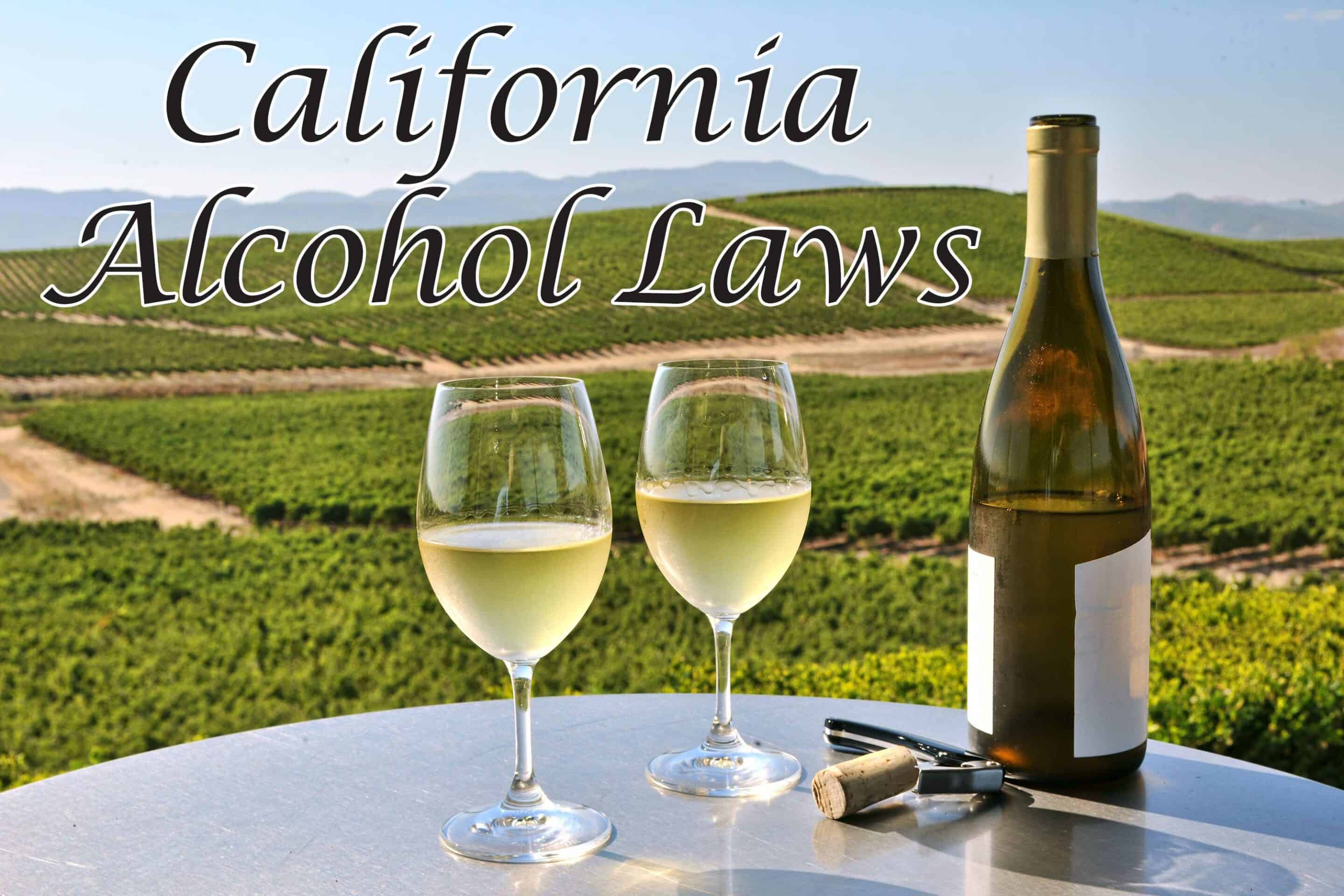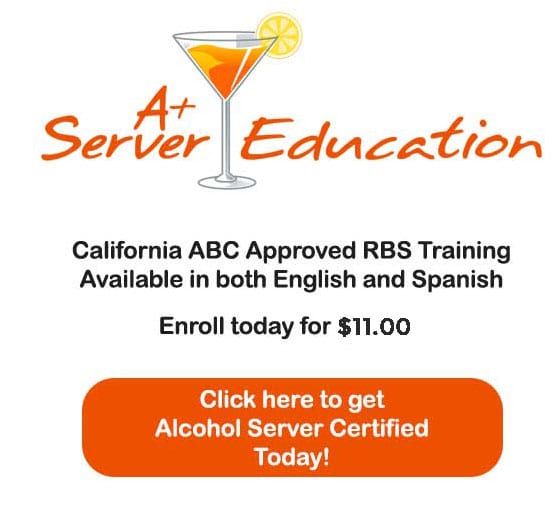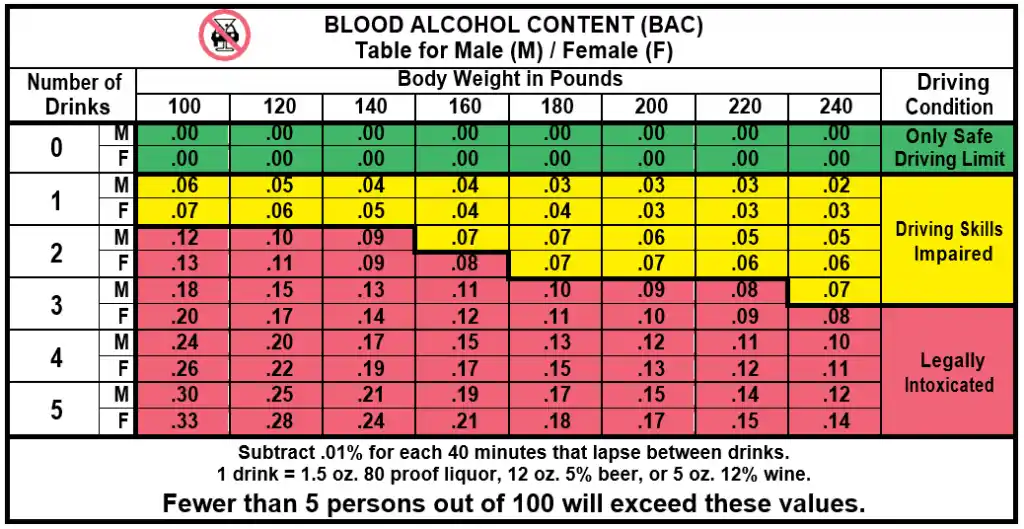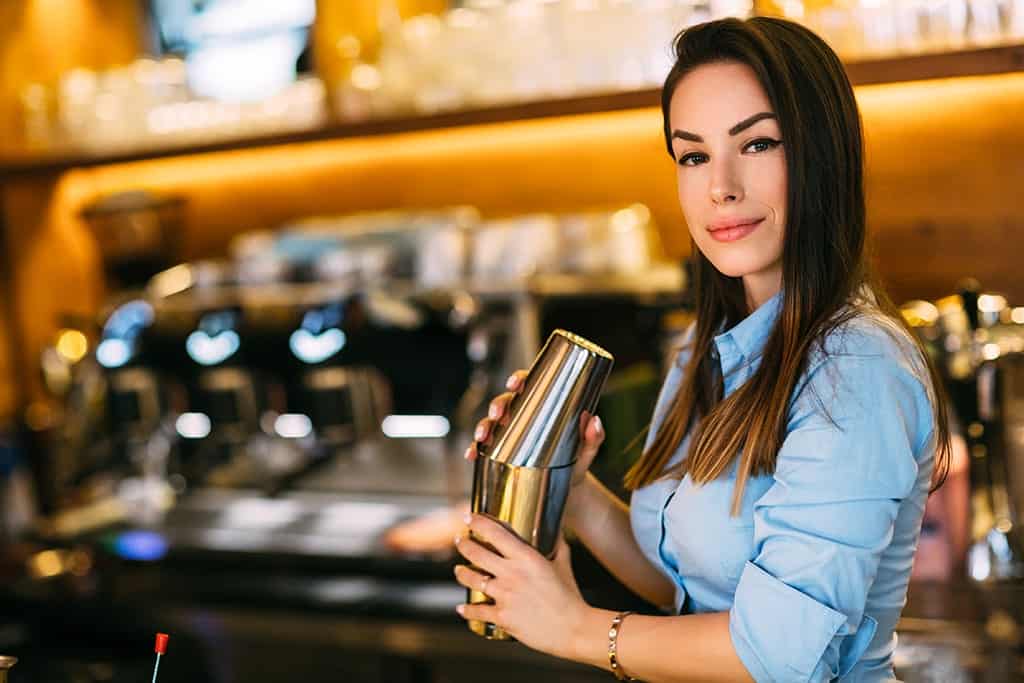
California Alcohol Laws
California alcohol laws regulate the service and consumption of alcohol. To ensure compliance with these laws and prevent the risks associated with alcohol consumption, individuals involved in the service of alcohol must adhere to the updated laws, undergo proper training, and obtain certification in the Responsible Beverage Service (RBS). This section provides detailed information on […]
California alcohol laws regulate the service and consumption of alcohol. To ensure compliance with these laws and prevent the risks associated with alcohol consumption, individuals involved in the service of alcohol must adhere to the updated laws, undergo proper training, and obtain certification in the Responsible Beverage Service (RBS). This section provides detailed information on the critical aspects of the new RBS laws, training requirements, the importance of certification, and an ABC-approved California Responsible Beverage Service Training program and exam.
Minimum Age Requirements for Alcohol Servers
According to California alcohol laws, individuals serving cocktails must be 21 or older, while other servers may be 18 or above. Those working in food service must be at least 18 years old to serve alcoholic beverages. Non-compliance with this requirement is a misdemeanor offense.
California Alcohol Server Certification
Any employee intending to serve alcohol must possess a valid alcohol server certification California Business and Professions Code(BPC § 25682).
This certification provides servers with essential knowledge and skills, including understanding legal obligations, identifying signs of intoxication, and implementing appropriate measures to prevent overconsumption and related risks.
California Alcohol Laws Underage Consumption and Driving Restrictions
Furthermore, it is illegal for minors to have a blood alcohol concentration (BAC) of .01% or higher and operate a vehicle. California laws permit those under 21 to consume alcohol in a private location only if a parent, guardian, or relative above age 21 is present. Additionally, individuals under 21 years of age are prohibited from possessing any alcohol in the vehicle unless accompanied by a parent or someone over 21 years of age.
California Alcohol Sales and Restrictions
Sales and service restrictions are also in place to regulate alcohol consumption. The state of California's alcohol laws prohibit the sale or purchase of alcohol between 2 a.m. and 6 a.m. Furthermore, knowingly consuming alcohol in California during these hours is also unlawful. Bars must halt alcohol sales at 2 a.m., and patrons must vacate the premises by 3 a.m. unless city ordinances state otherwise. Selling, furnishing, or giving alcoholic beverages to evidently intoxicated individuals is a misdemeanor offense that entails penalties of up to $1,000 in fines and/or six months in county jail.
California Drinking and Driving Laws
Driving under the influence of alcohol, drugs, or both is strictly prohibited in California. DUI laws apply to individuals of all ages. For minors, any amount of alcohol in their system with a BAC of 0.01% or higher while operating a vehicle is illegal. The legal limit for non-commercial drivers is 0.08% BAC, and for commercial drivers, it is 0.04% BAC. A first-time DUI conviction can lead to 96 hours to 6 months in jail, fines ranging from $390 to $1,000 (plus penalty assessments), a 6-month license suspension, and potentially requiring the installation of an ignition interlock device (IID) in the offender's vehicle. Subsequent DUI convictions entail even harsher penalties, including jail time ranging from 3 months to one year.
In California code of regulations, it is illegal to consume alcohol while inside a vehicle. Open containers must be stored in the trunk and out of sight, except when passengers are in a bus, taxi, camper, or motorhome. When operating a boat, driving under the influence of alcohol or drugs is illegal, and boating under the influence (BUI) carries penalties such as fines, license suspension, jail time (up to one year if someone is injured), and boating safety course completion.
In summary, adhering to California's alcohol laws and regulations is crucial to ensure safety and prevent risks associated with alcohol consumption. Individuals involved in the service of alcohol must obtain certification in Responsible Beverage Service (RBS) and adhere to the updated laws to prevent non-compliance and avoid penalties.




